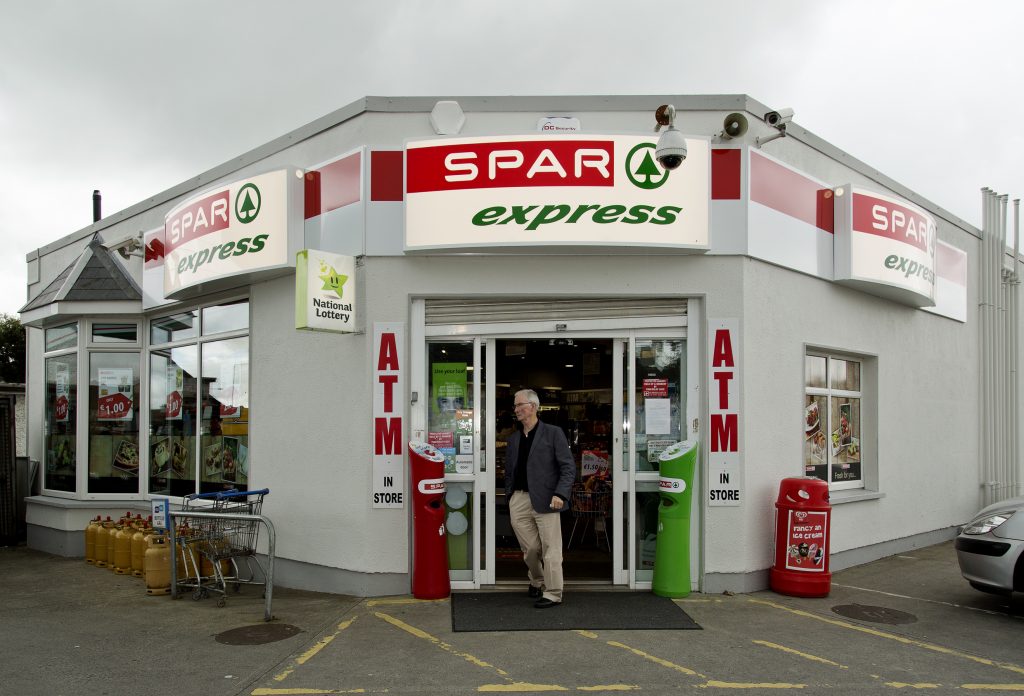Smaller forecourt owners ‘left out to dry’ over fuel price rises

Smaller forecourt owners are facing a toxic situation over fuel price rises and have been left out to dry, one fuel retailer says.
Following the announcement that the Irish Government has secured an agreement with the EU which could allow VAT on fuel to be cut to 9%, forecourt owner Pat Towey warned that there must be full transparency on how any such scheme would work.
“If this reduction in VAT comes to pass, let’s hope that all retail fuel stake holders are well informed and that there is full transparency on how it will work,” said Mr Towey, who owns Towey’s Spar Express in Ballaghaderreen in Roscommon.
“The toxic situation that smaller sites faced and the verbal abuse of irate customers around the Excise duty announcement, and the decision by oil companies to pass on the reduction on company portfolios immediately hung the rest of us out to dry.
“While we all as owner operators of sites have worked extremely hard over the last three years and been very aware of the emotional strain of our dedicated staff due to Covid, and other matters, we as owners are feeling the mental strain of it all.
“The challenges of stock shortages, massive hikes in cost prices to supply products to our shops, and the variation in the prices within the group system is concerning. Traditionally oil companies just supplied fuel, now they are both wholesaling and retailing.”
Mr Towey advised that a clear and well thought out plan on how any changes can be implemented should include all sites around Ireland.
“The industry has many layers, from large scale motorway sites, large privately owned sites in commuter areas, sites in county towns and roadside sites in thriving market towns, all engaging in various dynamics,” he said.
“Some sites are owned by the same operator with vast differences of retail price on the pole sign. The customer is confused and cannot at times make sense of the vast variation been displayed on same branded sites of the retail price. The oil industry as a representative body needs to have a talk to itself.”
Mr Towey said rural sites that were the lifeblood of their communities selling fuel, groceries, alcohol , gas, gates, fertilizer, animal feed, are no more, replaced by large discount stores and “cooperatives selling almost every item other than milk and bread”.
“Some empathy will go a long way in the journey of a rural fuel retailer. When the people connection is lost, rural isolation and loneliness is a reality,” he said.
Although the government had announced that the cut should reduce prices on the day it was introduced, many fuel retailers were unable to make the cuts right away as the wholesale fuel in their tanks had already been bought at a higher price.
It’s thought that a number of larger retailers chose to take a major loss on fuel prices in the days after excise duty was reduced, rather than be accused of not passing on the excise duty.
One industry insider said: “Some of them lost a lot of money doing that, but they felt that the reputational risk was so great that it was better to lose substantial sums than to be accused of price gouging. Equally, an independent forecourt operator could have done the same thing and some of them did.”







